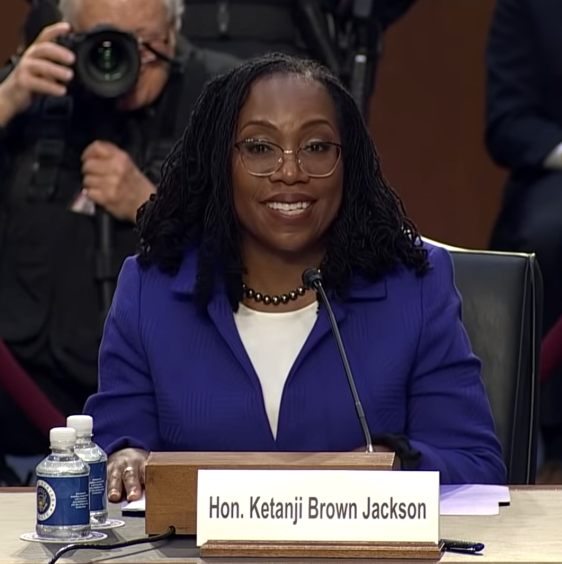On Jan. 26 members of the Associated Students of Portland State University met to look over the current ASPSU constitution. Those present at the meeting were Senate Chair Brent Finkbeiner, Chief Justice Kate Lindstrom, and Senator Josephine Claus.
According to ASPSU Chief of Staff Amber Hastings, the meeting was not in response to any particular event. Instead, the meeting was held to find any inconsistencies or necessary edits to the ASPSU constitution.
Aside from making minor changes in the language of the constitution for clarity, the group discussed sections that were found to be too vague or confusing. One mandate noted required that Senate Chairs come directly from the Student Finance Committee. A possible change to this would be that Senate Chairs would come from the Senate itself, rather than the SFC.
Another solution discussed was to change the ASPSU hiring process. To avoid potential conflicts during the hiring process, Finkbeiner mentioned there needs to be a better vetting of candidates. He suggested a process for submitting nominations to the Senate that would include a prior clearance from the ASPSU advisor.
According to members in the meeting, proper vetting by the Senate was often skipped and resulted in a few retractions. A separate suggestion was to create a hiring committee dedicated to nominee vetting and application approval.
“The aim is to kind of delegate the load,” Finkbeiner commented. “Sometimes it gets overwhelming for just one person to deal with all of us, and then [they] suddenly put the nominees up for review in front of the whole senate.”
“There are some crucial steps that are missed along the way,” Finkbeiner added. “Which leads to communication issues in the hiring process that could have been avoided. Sometimes, nominees can easily fall through the cracks because of this.”
Another recommended change involved the constitution’s noting of a stipulation on elections. Within Article X: Section 6 there is a stipulation in which the Judicial Review Board could choose between using a plurality vote or a run-off vote to decide the presidency outcome.
This has been a confusing section for many members including Lindstrom, who has served with ASPSU for the last 3–4 years.
“We’re going to take note and ask for some clarification on this before proceeding,” Lindstrom said. “But this is an odd stipulation to make and too specific, considering that our elections are already difficult enough as it is with the low turnout.”
In last year’s PSU election, only 1,401 students voted out of nearly 30,000.
Another issue discussed involved the amendment section, which enumerated the requirements of any referendums.
“The issue with this is that it’s requiring ‘at least 3 percent’ of students to participate,” Claus explained. “It’s already hard enough to get 1 percent to vote as it is. With this specification, it’s almost as if we can’t change the constitution if we need to.”
“Prior to this, the old constitution had a lot of issues,” Lindstrom said in response to why the rule existed. “I’m not entirely sure, but my theory is that this was done to encourage voter turnout and student engagement.”
Currently ASPSU does not have any plans to make additions to the constitution for affirming student rights. According to Lindstrom, the constitution is intended to govern ASPSU itself, not the student body.
“However, ASPSU is also open to accepting any concerns, questions, issues, or thoughts from any and all students,” Finkbeiner said.






